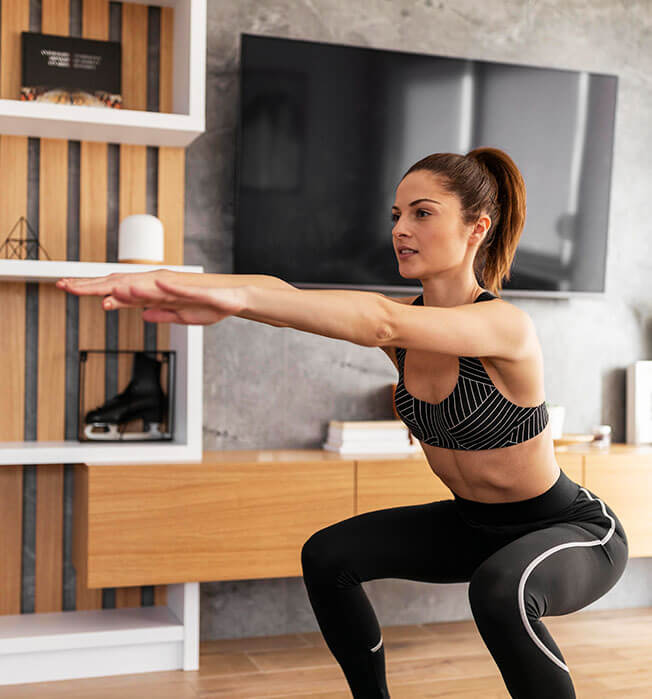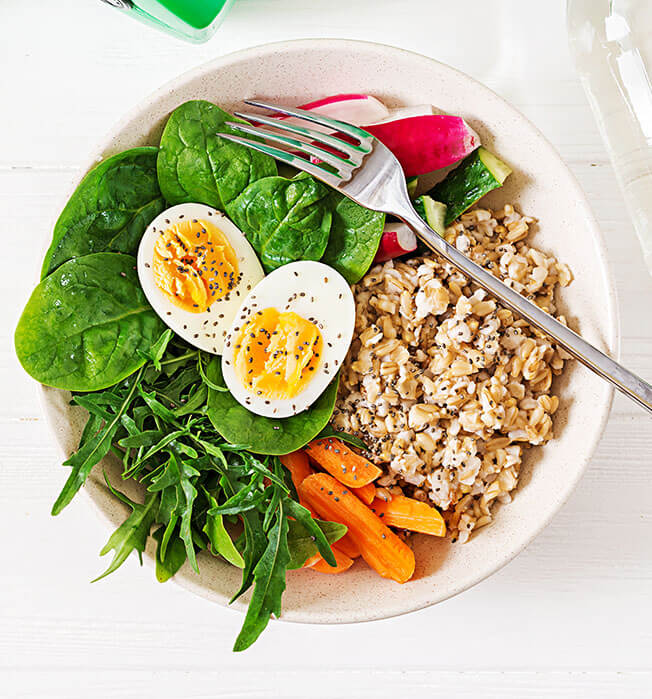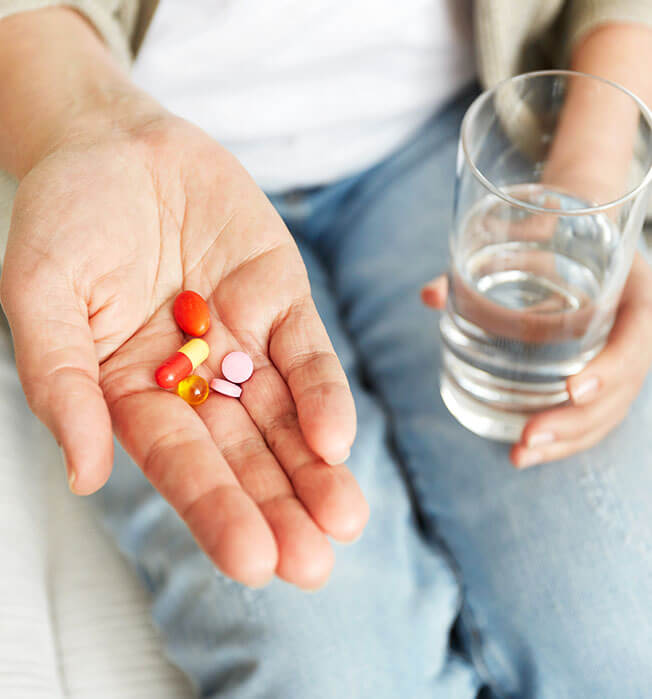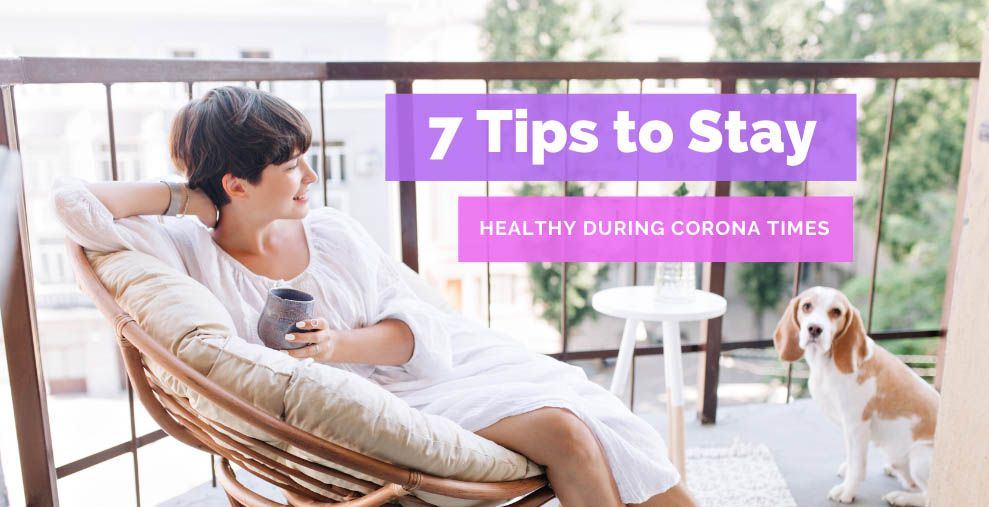COVID-19 has altered many of our everyday activities in unexpected ways. To limit our exposure, many of us are staying at home more. Isolation and being at home might make us crave high-sodium snacks, junk food, and low-quality meals that provide immediate fulfilment for our taste buds rather than nutrient-dense whole foods that can also be enjoyable. In these days of social isolation and self-isolation, this is a difficult task for many.
Physical activities such as walking from your car in your office parking lot twice a day, grocery shopping, family outings, or visiting a shopping centre are often missing from a day that formerly included numerous steps. With this unprecedented lifestyle transition, a more sedentary lifestyle filled with activities like watching television, sitting for long amounts of time while reading, or sitting at your computer for longer-than-usual lengths of time has the potential to become the norm.
So, while the world around us has evolved to decreasing COVID-19 exposure, what can we do to preserve a healthy and active lifestyle and routine?
1 – Stay Active

Although the gyms may be closed, there are plenty of safe ways to get some exercise without going against the CDC’s preventive best practises, such as social distance and avoiding large groups. Aerobics can be done at home with success. Another thing to keep in mind is that staying away from crowds does not equal staying away from nature. It is still deemed quite safe to go for a quick walk or jog outside in uncrowded regions. Push-ups, sit-ups, jumping jacks, and other activities can help you keep in shape outside of the gym.
2- Adequate Sleep

Our overall health depends on getting enough sleep. “Immune system activity influences sleep, and sleep, in turn, affects the innate and adaptive arm of our body’s defensive system,” according to the National Institutes of Health (NIH). While the quantity of sleep required for excellent health and peak performance varies by person, the CDC recommends that persons aged 18 to 60 obtain seven or more hours of sleep per night.
3 – Diet and Nutrition

It’s critical to practise self-control and prevent “emotional eating” as a result of stress associated to the COVID-19 pandemic and how it affects our life. Whole foods like dark, leafy greens, oranges, and tomatoes, as well as fresh herbs, are high in vitamins, fibre, and minerals, according to the CDC. Make it a point to eat more complete, nutritious foods rather than packaged snacks or fast meals as a habit.
4 – Self-Care

Take the time to look for yourself. Be encouraging and urge that others do the same. Overall wellness is promoted by meditation, relaxation, quality time with family, and self-care.
5 – Healthcare Maintenance

If you’ve been prescribed medication for a specific condition, follow your doctor’s instructions carefully. Chronic diseases such as hypertension, diabetes, asthma, and a variety of others should be managed by following your doctor’s instructions and taking your medications as directed. If you have any concerns, don’t hesitate to contact your healthcare staff. If you need to contact with a professional regarding a health issue that isn’t related to COVID-19, telehealth solutions are available.
6 – Cope with Stress and Anxiety

Positively cope with the stress and worry brought on by the new precautions we must all take to stop COVID-19 from spreading in our communities. Exercise, meditation, reading, and honing certain talents or hobbies are examples of positive coping techniques. Use this time to improve your daily repetition of these positive activities and to establish new or better routines than you could have had prior to the current COVID-19 pandemic’s appearance.
7 – Stay Connected

While alone, talking with loved ones might help alleviate worry and feelings of depression. Take use of the numerous technologies and apps (many of which are free) that can help you keep in touch with individuals you care about. Our busy lifestyles may have limited how often we communicated with faraway loved ones prior to the COVID-19, but now is the time to fully utilise these modern capabilities for fellowship, friendship, and camaraderie.
Conclusion
The advice given here is meant to help you enhance your overall health and well-being. Please keep in mind that while eating good foods, exercising regularly, getting enough sleep, and caring for our mental health can help us be more robust, these are neither cures or guarantees against contracting COVID-19. In addition to these recommendations, follow the CDC’s guidelines for social distance, self-care, self-quarantine, and the use of cloth masks when social distancing is not possible, as well as speaking with your healthcare practitioner about any health issues you may have.
